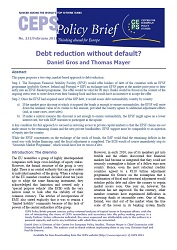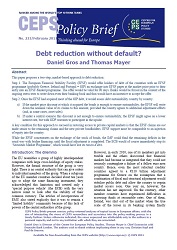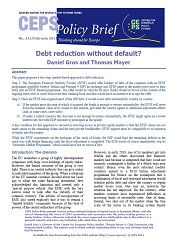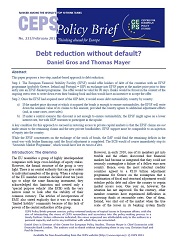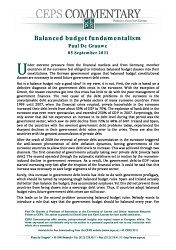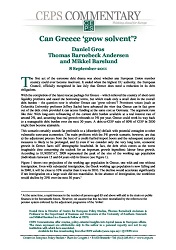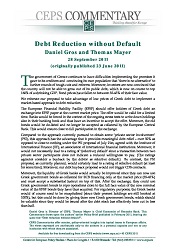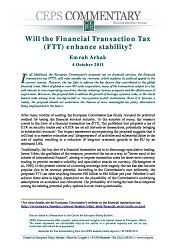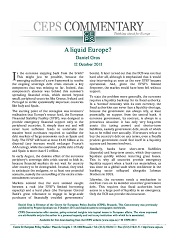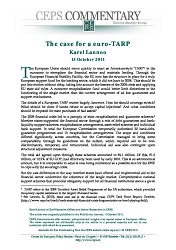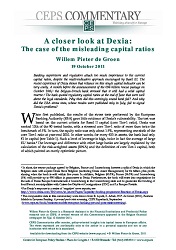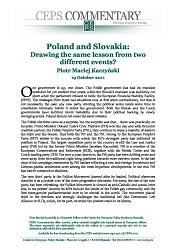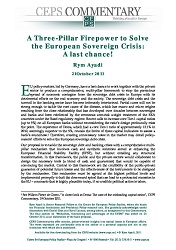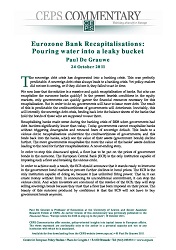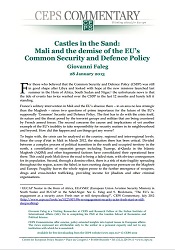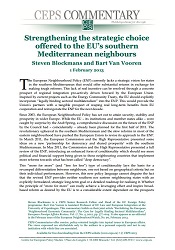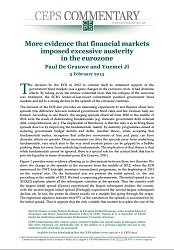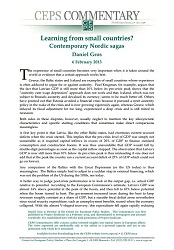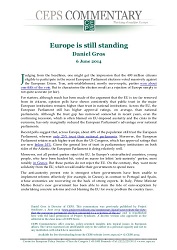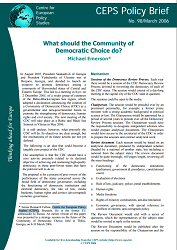
№098. What should the Community of Democratic Choice do?
№098. What should the Community of Democratic Choice do?
Keywords: democracy; human rights; civil society; community of democratic choice;
In August 2005, President Saakashvili of Georgia and President Yushchenko of Ukraine met at Borjomi, Georgia, and decided to launch an initiative to promote democracy among a community of like-minded states of Central and Eastern Europe. This led to a meeting in Kyiv on 2 December 2005, of a wider group of countries of the Baltic-Black-Caspian Sea region, which adopted a declaration announcing the creation of a Community of Democratic Choice (CDC) as a governmental and non-governmental forum to promote the strengthening of democracy, human rights and civil society. The next meeting of the CDC will take place as a Baltic and Black Sea Summit in Vilnius in May 2006.
More...
